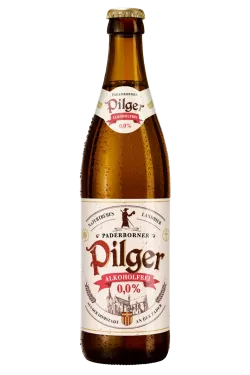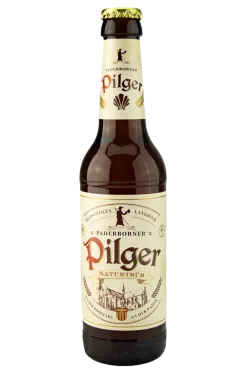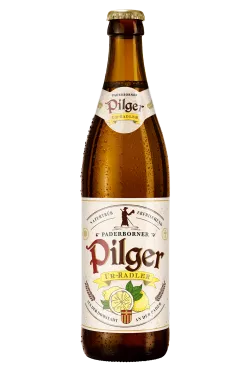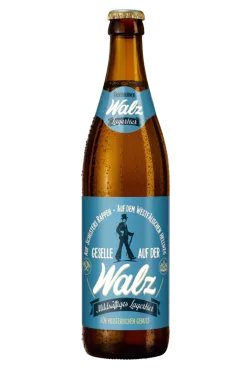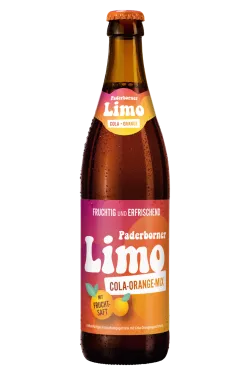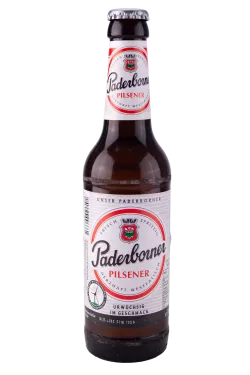Paderborner Brauerei
Paderborn is a city in western Germany that is home to almost 156,000 inhabitants and dates back to the Paleolithic period. In addition to the recently modernized theater, a dozen museums, extensive parks, numerous magnificent buildings and works of art scattered throughout the streets and alleys, it is also the beer that draws visitors from near and far to the North Rhine-Westphalian city. It is believed that beer was brewed here as early as the Middle Ages and there are municipal breweries that maintain this long-standing tradition to this day. One of these time-honored institutions is the Paderborn Brewery.
From surplus breweries to the absolute minimum
In the Middle Ages, every citizen of Paderborn had the right to brew beer for their own use and for sale. Due to the river Pader, which flows through the city, and the hop and grain cultivation in the region, the place was ideal for brewing and countless people took advantage of this. It is estimated that there were around 400 municipal breweries in the 16th century. In the following 400 years, this incredible number was reduced to five remaining breweries. One of these is today's Paderborn Brewery, which was founded in 1852 and has been run under different names since then. The brewery got its current name in 1965 and has been part of the Warsteiner Brewery since 1990.
Environmentally friendly beer from North Rhine-Westphalia
The core range of the Paderborn brewery includes a series of classic brews that are brewed with care and dedication according to the specifications of the Bavarian Purity Law. Selected raw materials and traditional craftsmanship create excellent brews that are a sight to behold – and a taste to behold. The Paderborn brewery operates several brands, including a range of beers sold under the name Pilger. This branch is reminiscent of the many pilgrimage routes that can be found in and around Paderborn, and supplies rustic beer specialties such as the Pilger Landbier . In addition to the quality and taste of their beers, the brewery also cares about the environment. As one of the first breweries in Germany, the Paderborn team uses the power of the wind and gets almost half of its electricity needs from sustainable wind energy. But clean electricity is only part of the environmental concept: they use the waste heat from a biogas-powered cogeneration plant, recycle with great success, constantly try to reduce the consumption of resources and work day after day to minimize their own ecological footprint.
Good beer with a clear conscience!
Available from us

Haus Cramer GmbH
Halberstädter Str. 45
33106 Paderborn
Deutschland 
